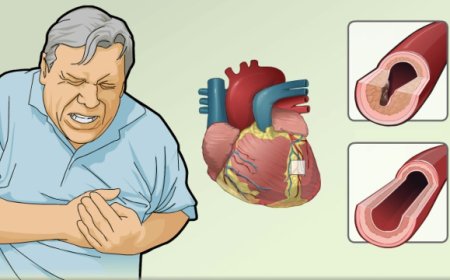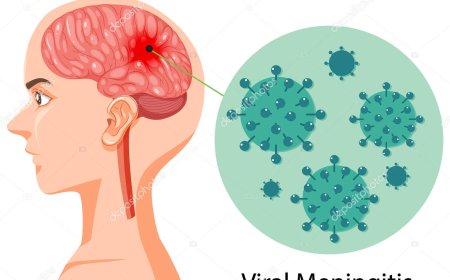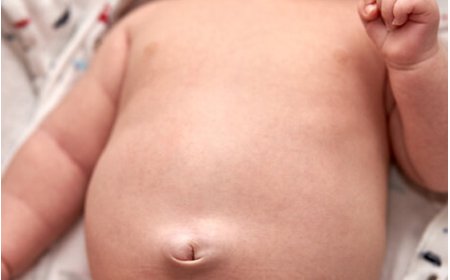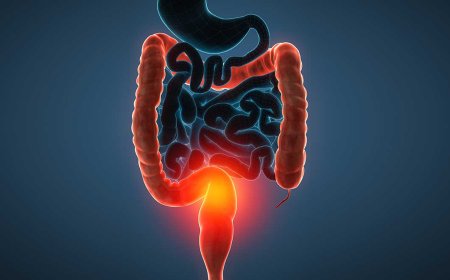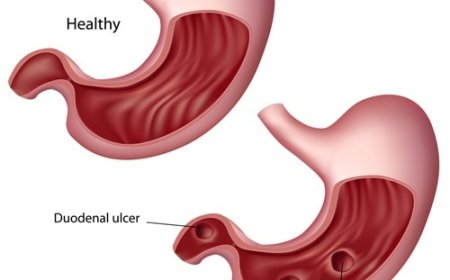Oral-Facial Dyskinesia
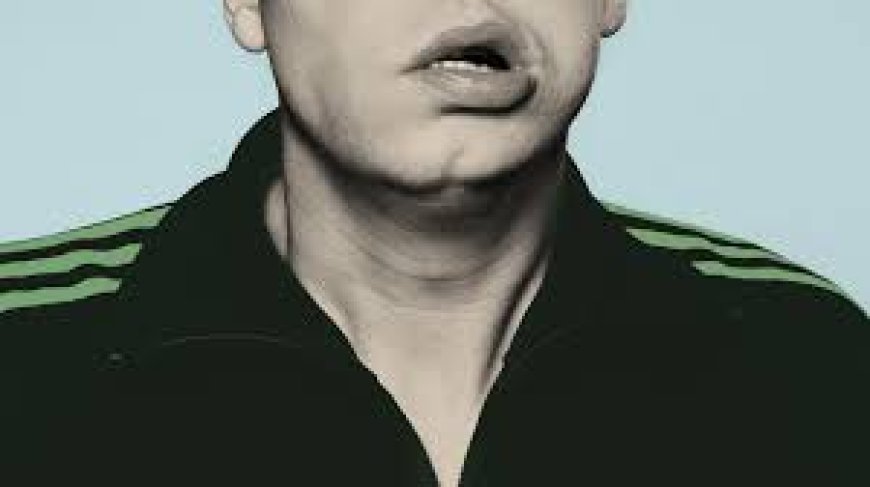
Introduction:
Hello, curious minds! Today, we'll embark on a fascinating journey to learn about a condition called "Oral-Facial Dyskinesia," which affects the way some people smile and move their faces. Just like our expressions can light up the room, this condition can cause unexpected and uncontrollable facial movements. Let's explore this unique world together and understand how it impacts our friends and family in India.
What is Oral-Facial Dyskinesia?
Imagine being a puppeteer, but instead of controlling puppets, your face makes unexpected movements like a little dance party. That's what happens to some people with Oral-Facial Dyskinesia. It's like a puppet show where the facial muscles move on their own.
Signs and Symptoms of Oral-Facial Dyskinesia:
When someone has Oral-Facial Dyskinesia, they might show some signs:
- Uncontrollable Movements: Imagine your face moving without you wanting it to, like funny little twitches.
- Trouble Speaking or Eating: Like speaking with marbles in your mouth, eating and talking can be challenging for some people with this condition.
What Is Oral-Facial Dyskinesia?
Imagine being a puppeteer, but instead of controlling puppets, your face makes unexpected movements like a little dance party. That's what happens to some people with Oral-Facial Dyskinesia. It's like a puppet show where the facial muscles move on their own.
How Is Oral-Facial Dyskinesia Classified?
Oral-Facial Dyskinesia can be classified based on its cause:
- Tardive Dyskinesia: Imagine your face doing a dance when you take certain medicines. That's tardive dyskinesia.
- Dystonia: Imagine your face getting stuck in funny positions, like a living statue. That's dystonia.
Causes and Triggers of Oral-Facial Dyskinesia:
Sometimes, our face muscles start dancing because of:
- Medicines: Like little tricks, certain medicines can cause these movements as a side effect.
- Brain Problems: Like a sleepy conductor, issues with the brain can lead to these facial dances.
Risk Factors with Examples of Oral-Facial Dyskinesia:
Some things can increase the risk of Oral-Facial Dyskinesia:
- Medicine Use: Like a magician's spell, taking specific medicines may increase the risk of developing this condition.
- Family History: Like family clues, if someone in the family has it, there's a higher chance of others getting it too.
Types of Oral-Facial Dyskinesia with Detailing for Each Type:
- Tardive Dyskinesia: Like medicine dancers, this type is caused by certain medicines and appears as face movements.
- Dystonia: Like living statues, this type causes face muscles to get stuck in odd positions.
Diagnostic Tests and Treatments:
Detecting and managing Oral-Facial Dyskinesia is like solving a puzzle:
- Doctor's Evaluation: Like face detectives, doctors carefully observe the movements to make a diagnosis.
- Medicine Adjustments: Like magic potions, sometimes, changing medicines can help control the movements.
Treatment:
Managing Oral-Facial Dyskinesia is like learning a new dance:
- Medicine Adjustments: Like a dancing coach, doctors may change or adjust medicines to reduce the movements.
- Therapy: Like dance lessons, therapy can help control the facial movements and improve daily activities.
Complications of Oral-Facial Dyskinesia Prevention Techniques:
To prevent Oral-Facial Dyskinesia, there are some prevention techniques:
- Medicine Management: Like little medicine wizards, following the doctor's instructions can reduce the risk of developing this condition.
- Regular Checkups: Like face checkups, visiting the doctor regularly can help detect any problems early on.
Understanding Oral-Facial Dyskinesia allows us to be compassionate and supportive friends to those who might be experiencing these unique facial movements. Just like puppeteers controlling their puppets, doctors and therapists work together to manage these movements and help those affected live their best lives. Stay curious and understanding, young minds, and be kind to everyone, including those with unique facial dances. Happy learning and keep on smiling!
What's Your Reaction?
 Like
0
Like
0
 Dislike
0
Dislike
0
 Love
0
Love
0
 Funny
0
Funny
0
 Angry
0
Angry
0
 Sad
0
Sad
0
 Wow
0
Wow
0


























































